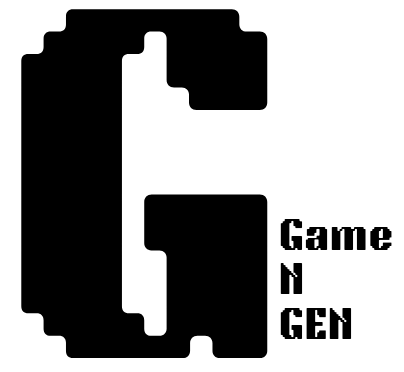Game Development Language Finder
Find the perfect programming language for your game development journey in just 3 simple steps
What type of game do you want to create?
What's your programming experience level?
What's your top priority?
Find the Best Programming Language for Game Development
Welcome to our Game Development Language Finder—your interactive tool for choosing the best programming language for game development. Whether you want to build an immersive 3D adventure or a fun 2D mobile game, this simple quiz will help you identify the coding language that aligns with your skill level, project goals, and preferred platforms.
Why Use the Game Development Language Finder?
- Save Time: Skip hours of research by getting personalized recommendations in under a minute.
- Confident Choices: Each suggestion is based on performance, ease of learning, community support, and more.
- Beginner-Friendly: Unsure where to start? Our tool simplifies the process by guiding you step-by-step.
By the end, you’ll have a clear roadmap for picking a language like C++, C#, JavaScript, Python, Java, Swift, GDScript, or Lua—all of which rank among the most widely used for modern game development.
How Our Tool Works
- Select Your Game Type: Do you want a 2D platformer, a 3D open-world, a mobile hit, or a browser-based project?
- Choose Your Experience Level: Are you a beginner, intermediate, or advanced programmer?
- Prioritize Your Needs: Pick what matters most—high performance, ease of learning, community, or cross-platform compatibility.
Once you’ve made these selections, our tool calculates a match score to recommend the best programming language for your upcoming game. Use it as a foundation for your development journey and feel free to compare multiple options.
Compare Popular Programming Languages for Game Development
While our quiz offers customized results, here’s a quick overview of the top languages often recommended for creating games:
C++
- Performance: Very High
- Ideal For: AAA titles, complex 3D and VR environments
- Highlights: Unmatched speed and control, especially with engines like Unreal
C#
- Performance: High
- Ideal For: Unity projects (2D & 3D), cross-platform releases
- Highlights: Beginner-friendly, robust community, and strong tooling
JavaScript
- Performance: Moderate
- Ideal For: Web-based or browser games, interactive demos
- Highlights: Accessible to anyone with a browser, large ecosystem of libraries
Python
- Performance: Lower (best for smaller 2D or prototype projects)
- Ideal For: Rapid testing, learning game dev basics
- Highlights: Very readable syntax; perfect for coding newcomers
Java
- Performance: Decent
- Ideal For: Android-focused games, cross-platform solutions
- Highlights: Official for Android, strong community support
Swift
- Performance: High on Apple devices
- Ideal For: iOS/macOS game development
- Highlights: Modern language, seamless integration with Apple’s ecosystem
GDScript
- Performance: Moderate (optimized by Godot)
- Ideal For: Indie 2D/3D games in Godot Engine
- Highlights: Python-like syntax, open-source engine
Lua
- Performance: High for scripting tasks
- Ideal For: Adding modding or scripting layers within existing engines
- Highlights: Lightweight, easy to embed, used by major studios for expansions
Start Your Game Development Journey
Ready to discover the best programming language for game development based on your preferences? Use our free Game Development Language Finder tool and let us guide you through the options. Your dream project deserves the right tech foundation—so let’s get started!
Try it now and share your results with friends or fellow developers. You might even inspire someone else to kickstart their own game!
Frequently Asked Questions (FAQ)
Is this tool suitable for complete beginners?
Yes! We created the Game Development Language Finder with new developers in mind. The simple questions will help you pick a beginner-friendly language like C# or Python, if that’s what you need.How accurate are the recommendations?
Our tool bases recommendations on widely recognized industry data and developer feedback. However, real-world projects can vary, so always consider testing multiple languages to find your perfect fit.Can I use this tool for professional projects?
Absolutely. Whether you’re a hobbyist or a professional developer, these suggestions are grounded in real game development considerations—performance, platform compatibility, and community support.
